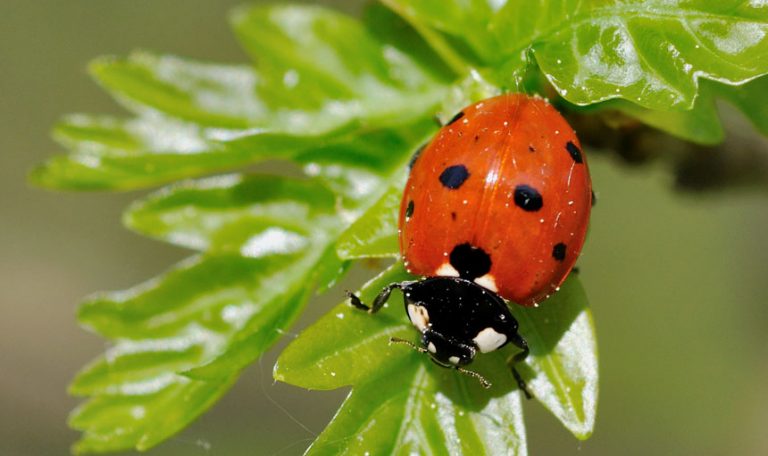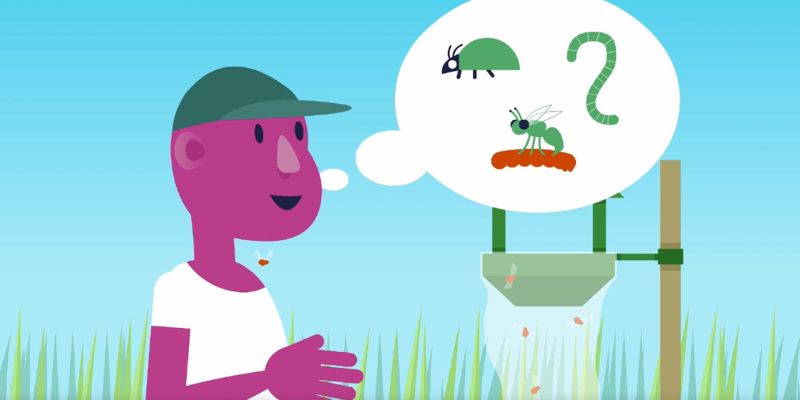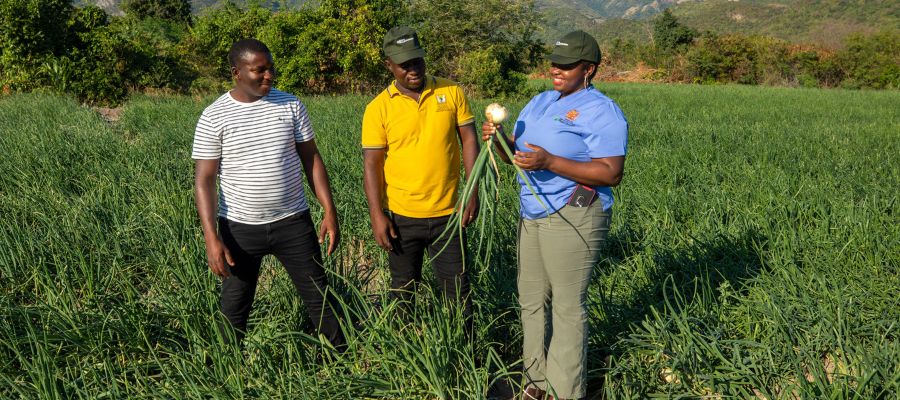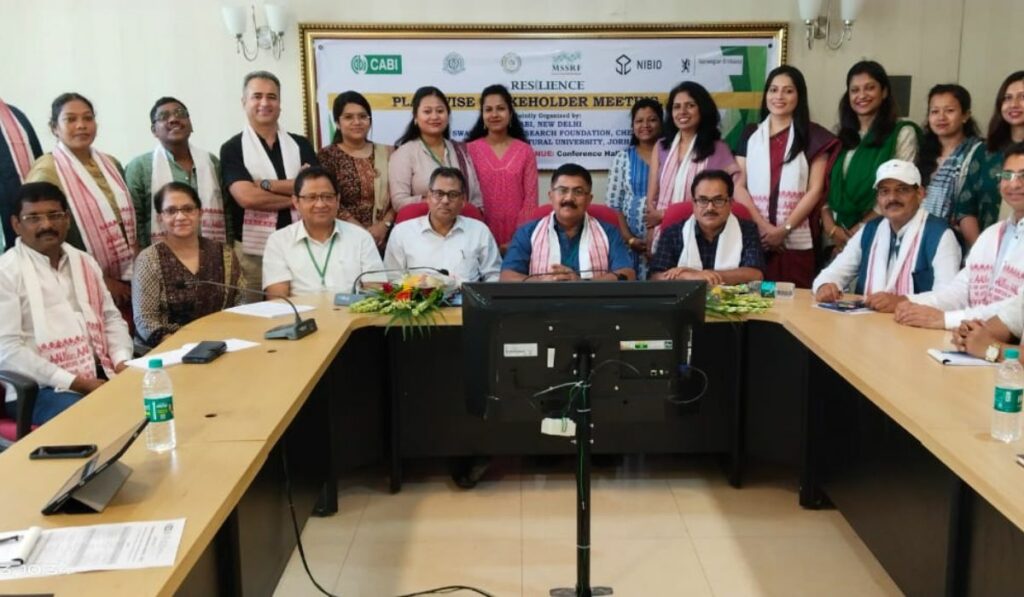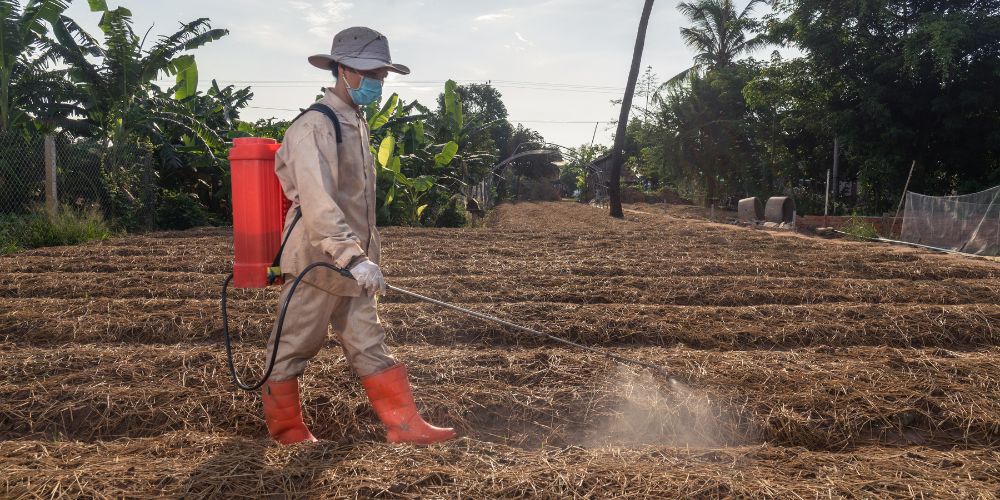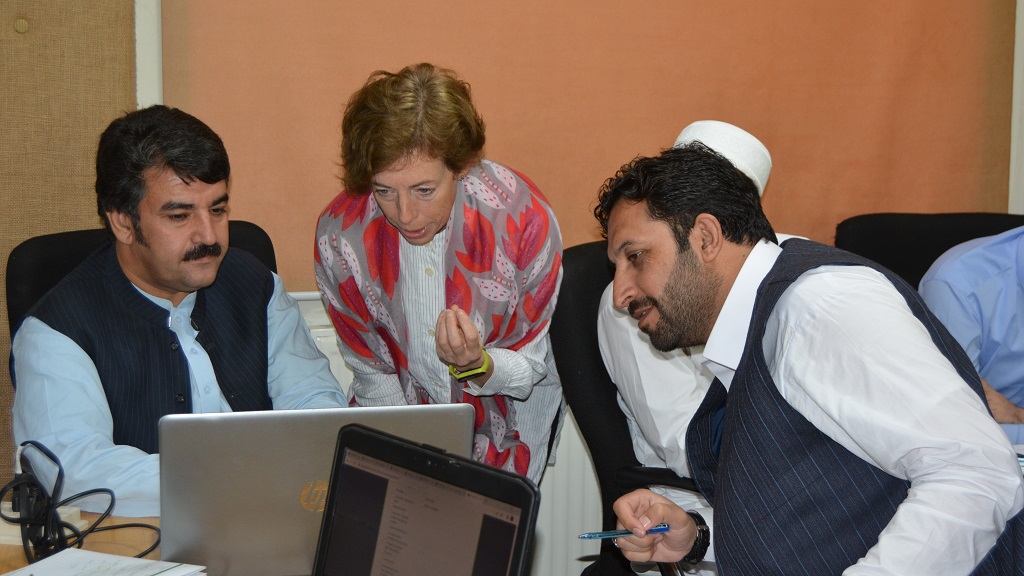What are bioprotection products, and how do they work?
Bioprotection products are nature-based solutions to managing crop pests and diseases. More and more growers are turning to environmentally sustainable crop pest and disease management solutions, such as bioprotection products. Reasons for choosing more sustainable solutions include pest and disease resistance to chemical pesticides and concerns for human health and the environment.
New bioprotection course paves the way for a more sustainable agricultural landscape
CABI Academy‘s latest course, Introduction to Bioprotection Products, enables agricultural service providers to equip themselves with the knowledge and skills to support smallholder farmers using bioprotection products. Bioprotection, also known as biocontrol, is a more sustainable approach to pest management. Unlike conventional chemical pesticides, bioprotection products are derived from natural sources, making them a safer…
Why we need a skills framework for agriculture
Agriculture has changed dramatically over the last 50 years. Technological progress and scientific research are constantly reshaping the roles within agriculture and the skills required to do them. As such, it is essential to have a well-defined skills framework to guide the workforce. The Skills for Agriculture (SfA) is a structured approach to identifying, developing, and…
Use the Crop Sprayer app to improve your Integrated Pest Management strategy
The Crop Sprayer mobile app is the latest tool in the PlantwisePlus Toolkit. The free app helps users apply just the right amount of pesticide to treat and protect crops from pests.
Pesticide risk reduction tackled at behaviour change workshop in Kenya
Pesticide overuse and misuse pose a risk to farmers, consumers, and the environment. Chemical pest control is a major source of pollution, leading to water and soil contamination. Moreover, pesticides can enter the food chain through residues on crops, jeopardising food safety.
Conserving biodiversity: biocontrol for sustainable agriculture
Can biocontrol help protect biodiversity? Biodiversity refers to all the living things on Earth, including how they interact with each other. A rich biodiversity means a healthy planet.

